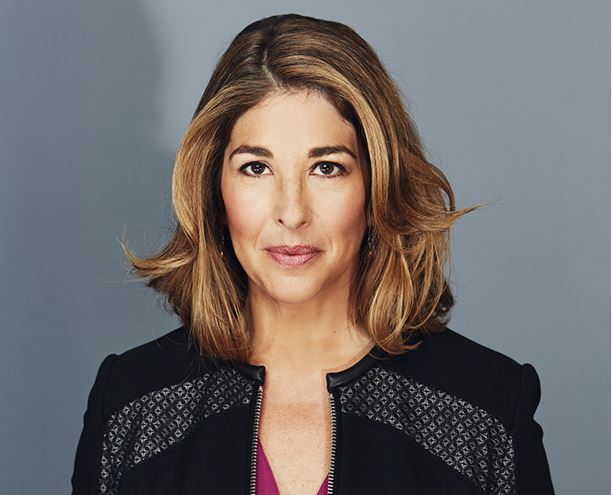On a Friday in mid-March 2019, they streamed out of schools in little rivulets, burbling with excitement and defiance at an illicit act of truancy. The little streams emptied onto grand avenues and boulevards, where they combined with other flows of chanting and chatting children and teens, dressed in leopard leggings and crisp uniforms and everything in between.
Soon the rivulets were rushing rivers: 100,000 bodies in Milan, 40,000 in Paris, 150,000 in Montreal. Cardboard signs bobbed above the surf of humanity: THERE IS NO PLANET B! DON’T BURN OUR FUTURE. THE HOUSE IS ON FIRE!
Some placards were more intricate. In New York City, a girl held up a lush painting of delicate bumble bees, flowers, and jungle animals. From a distance, it looked like a school project on biodiversity; up close, it was a lament for the sixth mass extinction: 45% OF INSECTS LOST TO CLIMATE CHANGE. 60% OF ANIMALS HAVE DISAPPEARED IN THE LAST 50 YEARS. At the center she had painted an hourglass rapidly running out of sand.
For the young people who participated in the first ever global School Strike for Climate, learning has become a radicalizing act. In early readers, textbooks, and big-budget documentary films, they learned of the existence of ancient glaciers, dazzling coral reefs, and exotic mammals that make up our planet’s many marvels. And then, almost simultaneously — from teachers, older siblings, or sequels to those same films — they discovered that much of this wonder has already disappeared, and much of the rest of it will be on the extinction block before they hit their thirties.
Wherever in the world they live, this generation has something in common: they are the first for whom climate disruption on a planetary scale is not a future threat, but a lived reality.
They know what they think of Donald Trump in the United States and Jair Bolsonaro in Brazil and Scott Morrison in Australia and all the other leaders who torch the planet with defiant glee while denying science so basic that these kids could grasp it easily at age eight. Their verdict is just as damning, if not more so, for the leaders who deliver passionate and moving speeches about the imperative to respect the Paris Climate Agreement and “make the planet great again” (France’s Emanuel Macron, Canada’s Justin Trudeau, and so many others), but who then shower subsidies, handouts, and licenses on the fossil fuel and agribusiness giants driving ecological breakdown.
Young people around the world are cracking open the heart of the climate crisis, speaking of a deep longing for a future they thought they had but that is disappearing with each day that adults fail to act on the reality that we are in an emergency.
This is the power of the youth climate movement. Unlike so many adults in positions of authority, they have not yet been trained to mask the unfathomable stakes of our moment in the language of bureaucracy and overcomplexity. They understand that they are fighting for the fundamental right to live full lives — lives in which they are not, as thirteen-year-old climate striker Alexandria Villaseñor puts it, “running from disasters.”
On that day in March 2019, organizers estimate, there were nearly 2,100 youth climate strikes in 125 countries, with 1.6 million young people participating. That’s quite an achievement for a movement that began just eight months earlier with a single fifteen-year-old girl in Stockholm, Sweden.
For more than 20 years, Naomi Klein has been reporting from the frontlines of global social, economic and ecological injustice and has championed a sweeping environmental agenda with social justice at its centre. Her new book, On Fire, gathers for the first time more than decade of her impassioned writing and pairs it with new material on the staggeringly high stakes of what we choose to do next.
On Fire: The Burning Case for a Green New Deal, is out on 17 September 2019 and published by Allen Lane, £17.99.















How many of these passionate young people would be willing to work in the organic veg fields, picking and weeding for a few years before choosing a career.? Isn’t it time we started to value the contributions of manual workers to the health of the planet?
I concur. The shift needs to welcome young people to the fields, where they can learn and share in natures balance of abundance and loss. An antidote to the disempowerment and antipathy they might feel in this technical age of work and consumerism. Get them back to the land!